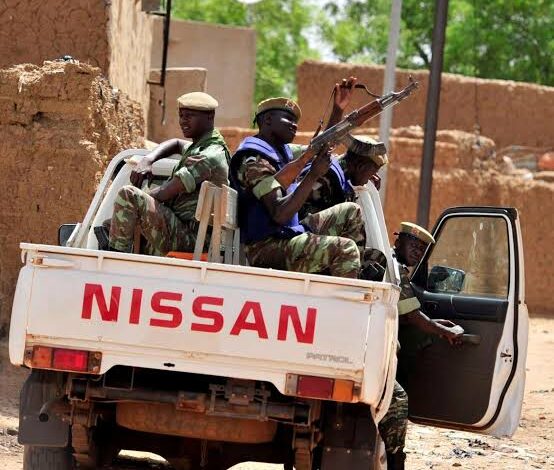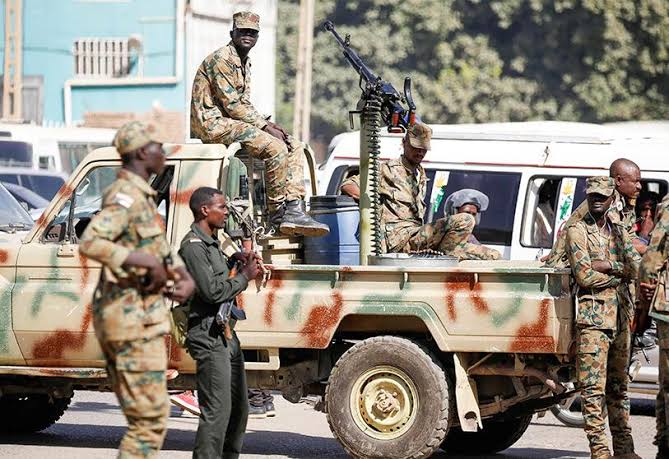
Faith Nyasuguta
Since Saturday, fighting between the army and paramilitaries in Sudan has killed around 200 people and wounded 1,800, damaging hospitals and hampering aid.
A weeks-long power struggle burst into deadly violence Saturday between the forces of two generals who seized power in a 2021 coup: Sudan’s army chief Abdel Fattah al-Burhan and his deputy, Mohamed Hamdan Daglo, who commands the paramilitary Rapid Support Forces (RSF).
According to analysts, the fighting in the capital is unprecedented and could be prolonged, despite regional and global calls for a ceasefire as diplomats mobilise.
US Secretary of State Antony Blinken said Tuesday he had spoken with the two generals and “underscored the urgent need for a ceasefire”.
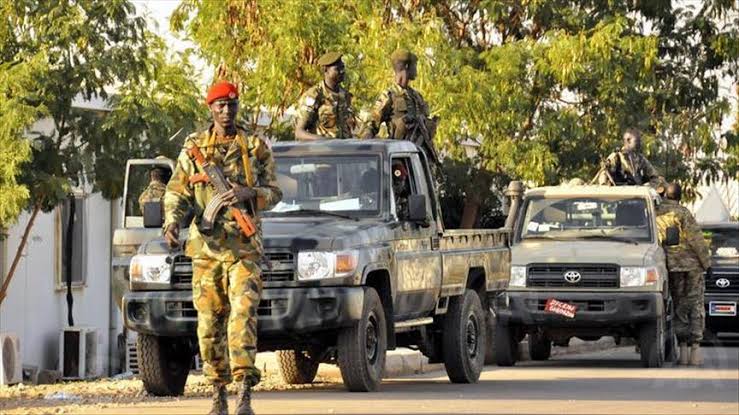
“Too many civilian lives have already been lost,” Blinken tweeted, adding he had “stressed the importance of ensuring the safety of diplomatic personnel and aid workers”.
Discussions Held
Following the call, in a tweet Daglo said the pair had “discussed pressing issues in Sudan”, adding he was grateful for Blinken and the US’s “commitment to restoring stability in Sudan”.
Blinken made his calls while in Japan for a meeting of G7 foreign ministers, who also urged the warring sides to “end hostilities immediately” and “ensure the safety of all civilians”.
On Monday, the European Union’s ambassador to Sudan was attacked in his home in Khartoum, the bloc’s top diplomat Josep Borrell said. A spokesperson told AFP the veteran diplomat was “OK” following the assault.
Battles have taken place throughout the vast country and there are fears of regional spill-over.
Terrified residents of the capital are spending the last and holiest days of Ramadan watching from their windows as tanks roll through the streets, buildings shake and smoke from fires triggered by the fighting hangs in the air.
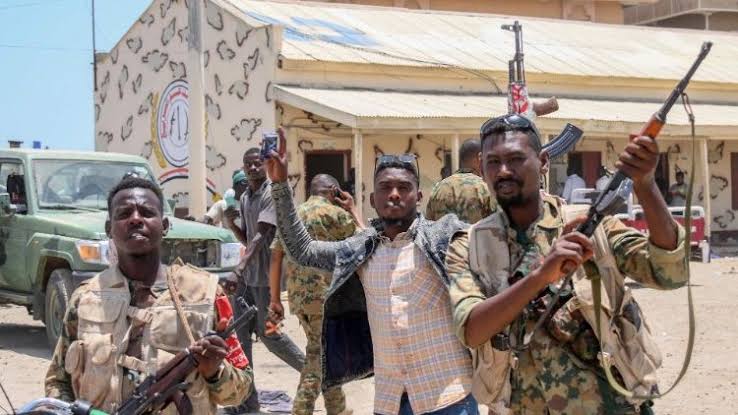
The conflict has seen air strikes, artillery and heavy gunfire.
Those compelled to venture out face queues for bread and petrol at outlets that are not shuttered. Residents are also dealing with power outages.
Hospitals ‘out of service’
Volker Perthes, the head of the United Nations mission to Sudan, told the Security Council in a closed-door session that at least 185 people had been killed and another 1,800 wounded.
“It’s a very fluid situation so it’s very difficult to say where the balance is shifting to,” Perthes told reporters after the meeting.
Earlier Monday, UN Secretary-General Antonio Guterres again urged Sudan’s warring parties to “immediately cease hostilities”. He cautioned that further escalation “could be devastating for the country and the region”.
Medics in Sudan had earlier given a death toll of nearly 100 civilians and “dozens” of fighters from both sides, but the number of casualties was thought to be far higher, with many wounded unable to reach hospitals.
The official doctors’ union warned fighting had “heavily damaged” multiple hospitals in Khartoum and other cities, with some completely “out of service”.
The World Health Organisation had already warned that several Khartoum hospitals tending to wounded civilians “have run out of blood, transfusion equipment, intravenous fluids and other vital supplies”.
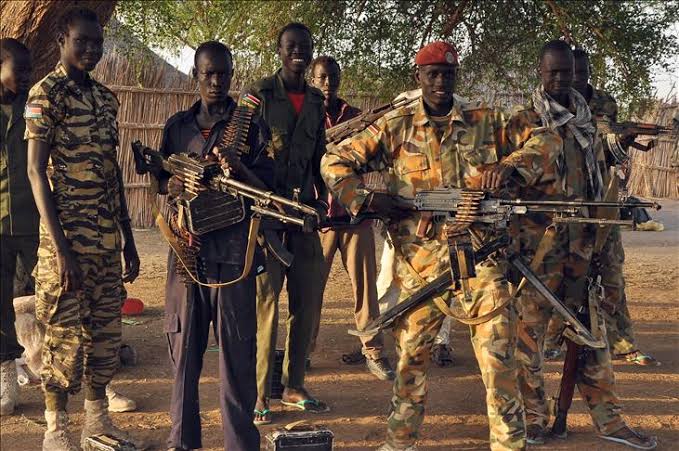
In the western region of Darfur, international medical aid organisation Doctors Without Borders (MSF) reported receiving 136 wounded patients at the only hospital in El Fasher still operating in North Darfur state.
“The majority of the wounded are civilians who were caught in the crossfire — among them are many children,” MSF’s Cyrus Paye said.
Due to limited surgical capacity, “11 people died from their injuries in the first 48 hours of the conflict”.
RELATED:


